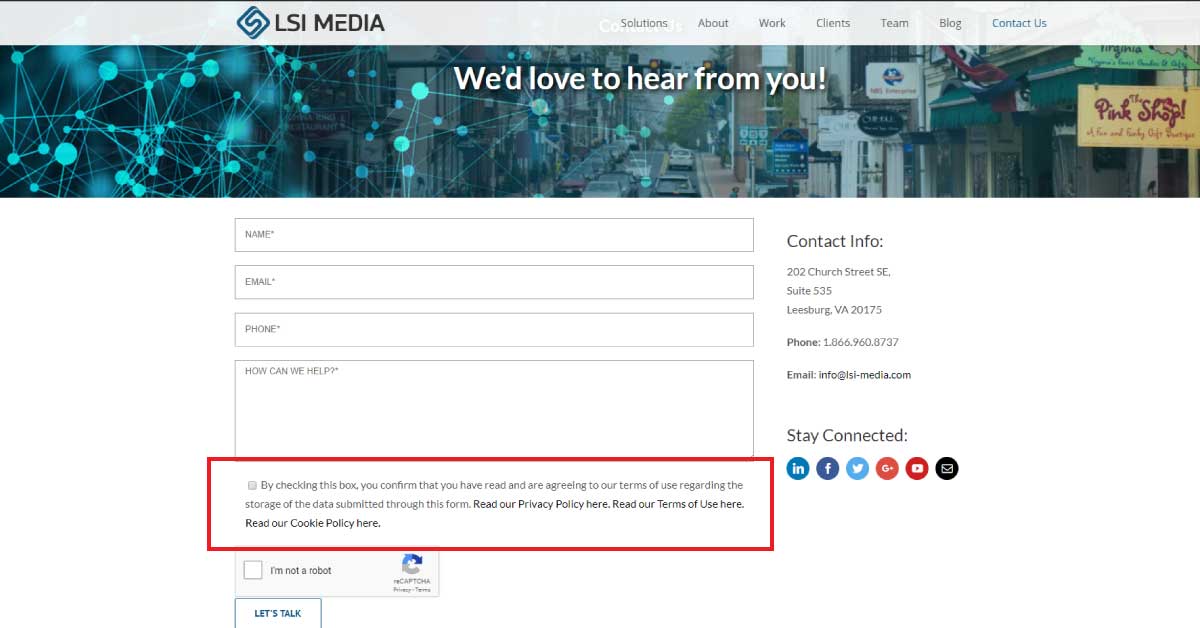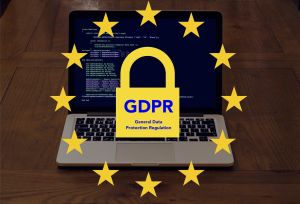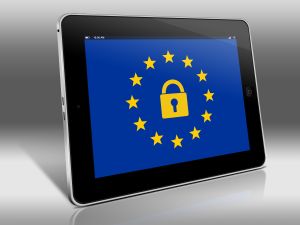The General Data Protection Regulation (GDPR) is Europe’s new framework for data protection laws, replacing the 1995 data protection directive. EU legislation says that it is designed to harmonize data privacy laws across Europe and that its main purpose is to give greater protection and rights to individuals. After the publication of the GDPR in May 2016, it became effective on May 25, 2018.
In a nutshell, GDPR protects user data in just about every conceivable way. Both personal data and sensitive personal data are covered. Sensitive personal data is easier to describe, as the usual suspects like genetic data, information about political views, sexual orientation, religion, etc., belong to that category. More or less, personal data means any information you can use to identify a person, starting with name and address, and can also include email and IP addresses.
In short, every company, organization, and individual that is processing or controlling datasets of their customers or website visitors will be covered by GDPR. It will affect any business with customers residing in the EU.
To be GDPR-compliant, companies must handle customer data with the utmost care and attention. However, that alone is not enough; you must provide customers with tools to control, edit, and delete any information about them. Furthermore, any handled data has to be protected, meaning that anonymization and encryption are two important aspects that come into play. Another significant factor is that customers must explicitly ask for their consent before their data is collected and processed.
Examples of GDPR
What Does This Mean For Your Website?
If your website has the following, you should ensure you are compliant (even if your customer base is US-based, websites are accessible worldwide):

LSI Media’s contact form is an example of implementing compliance.
Responsibility Of Compliance For Websites
It’s important to note that it is the responsibility of every company or website owner to prepare their sites for GDPR compliance. It is not the duty of any framework to create and manage a website’s compliance. In almost all cases, it will need a lot of manual fine-tuning. Generally speaking, that means there is no use in asking, “Is WordPress GDPR compliant?”. It is a powerful tool for creating websites, and the end-users website will collect data, and the data collected will be different for every use case.
Does that mean that WordPress users are left alone in their fight for compliancy? No, not at all!
WordPress And Its GDPR tools
An article about GDPR Compliance Tools in WordPress was posted on WordPress.org, shedding light on the new privacy features that WordPress has added to its latest release, 4.9.6, which shipped on May 17, 2018.
The main features are new areas for handling data export and erasure requests, a new privacy policy page, and a consent checkbox for the comments form.
LSI Media can also assist in helping to implement your GDPR compliance. Just reach out to us.
Further Reading
In Conclusion
The General Data Protection Regulation (GDPR) has brought about remarkable changes and purposes which will continue to shape the landscape of data privacy in 2022 and beyond. It is evident that the GDPR has played a significant role in enhancing individuals’ rights and ensuring the responsible handling of personal data by organizations.
With its emphasis on obtaining consent, providing clear privacy policies, and implementing adequate security measures, the GDPR sets a high standard for data protection. Therefore, it is essential for businesses to ensure their websites are compliant with the GDPR to avoid potential hefty fines and reputational damage. Compliance with the GDPR not only demonstrates a commitment to protecting user data but also instills trust and confidence in customers.
By implementing the necessary measures, such as obtaining explicit consent, conducting data protection impact assessments, and appointing a data protection officer, organizations can mitigate the risks and ensure they are in line with the GDPR requirements. It is crucial for businesses to continuously review and update their practices to stay updated with any changes or new guidelines that may be introduced in the future. Ultimately, GDPR compliance not only benefits organizations but also promotes a safer and more secure digital environment for all individuals.
FAQs:
1. What is GDPR and why is it important for website compliance?
GDPR stands for General Data Protection Regulation. It is a regulation introduced by the European Union to protect the personal data of EU citizens and ensure that their privacy rights are respected. GDPR compliance is important for websites as it ensures that they handle personal data in a secure and transparent manner, ultimately safeguarding the privacy of their users.
2. What are the key principles of GDPR compliance?
GDPR compliance revolves around several key principles, including:
- Lawfulness, fairness, and transparency: Personal data must be processed in a lawful, fair, and transparent manner.
- Purpose limitation: Personal data should be collected for specified and legitimate purposes only.
- Data minimization: The collection of personal data should be limited to what is necessary for the intended purpose.
- Accuracy: Personal data should be accurate and kept up to date.
- Storage limitation: Personal data should be stored for no longer than necessary.
- Integrity and confidentiality: Personal data must be protected using appropriate security measures.
3. What are the consequences of non-compliance with GDPR?
Non-compliance with GDPR can result in severe consequences, including:
- Fines: The regulatory authorities can impose fines of up to 20 million euros or 4% of the annual global turnover, whichever is higher.
- Lawsuits and compensation claims: Individuals affected by data breaches can file lawsuits and claim compensation for any damages suffered.
- Reputational damage: Non-compliance can lead to negative publicity and loss of trust from customers and stakeholders.
- Imposed corrective measures: Regulatory authorities may require organizations to implement specific measures to rectify non-compliance.
4. Does GDPR apply to my website?
GDPR applies to any website that collects, processes, or stores the personal data of individuals located in the European Union, regardless of the website’s physical location. If your website collects personal data from EU citizens, such as through contact forms, cookies, or analytics tools, GDPR compliance is necessary.


























